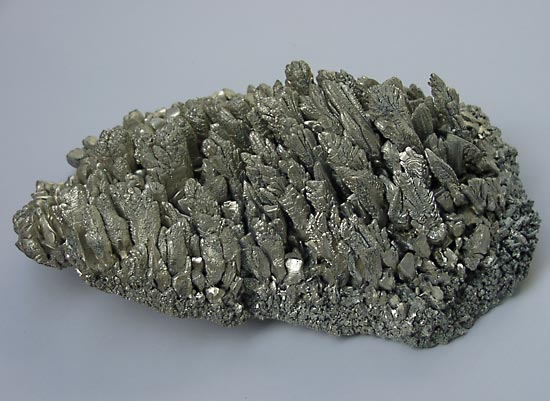
As you get older, your testosterone levels naturally decrease. While testosterone therapy is an option, it is not without drawbacks. Some older men who are taking testosterone therapy may face increased cardiac risks. Instead, you might be interested in natural testosterone boosters. Many over-the-counter (OTC) products make claims, but there is little evidence to support them.Before purchasing a testosterone booster, educate yourself on the role of testosterone as well as the risks and benefits of testosterone treatments.
The Function of Testosterone in Men

In men, testosterone is the primary sex hormone. It has an impact on a variety of bodily functions, including:- Production of sperm
- Sex motivation
- Muscle mass and strength
- Voice deepening during puberty
- Bone development and strength
- Hair growth on the face, body, and pubic area during puberty
- Penis and testicles development
- Hair loss later in life may be influenced by this factor
We don't know if testosterone plays any other important roles. It is difficult to calculate your ideal testosterone level. Levels can change over time, even within a single day.
Testosterone levels decline with age, but the decline is gradual. Testosterone levels fall by 1% to 2% per year. More than one-third of men over the age of 45 may have lower-than-normal testosterone levels. Low testosterone symptoms may include:
- Muscle mass loss
- Breast enlargement
- Irritability
- Depression
- Concentration problems
- Hair loss on the body
- Flashes of heat
- A lack of libido
- ED (erectile dysfunction)
- Can Testosterone Supplements Help?
A variety of supplements claim to boost testosterone levels. The outcomes are mixed. Among these supplements are:
D-Aspartic Acid (DAA)

D-Aspartic Acid is a naturally occurring amino acid. According to a recent study, it may raise levels of follicle-stimulating hormone and luteinizing hormone. Both of these could cause the body to produce more testosterone.A subsequent study, however, found that taking 3 grams of D-aspartic acid had no effect on testosterone levels. Taking 6 grams resulted in a reduction in levels.
Zinc
Zinc is a mineral that is required for proper body function. Low testosterone levels have been linked to zinc deficiency. Zinc has been shown to increase testosterone production in the testes. Long-term zinc supplementation may boost testosterone levels.Magnesium
Magnesium supplementation has been shown to increase free and total testosterone levels. This could benefit both sedentary people and athletes. It's worth noting that people who exercised had higher testosterone levels.Vitamin D

When your skin is exposed to sunlight, your body naturally produces Vitamin D. People who do not get enough sunlight, on the other hand, may be deficient in vitamin D. In a one-year study, 65 men who took 3300 IU of vitamin D daily increased their testosterone levels by 20% compared to those who did not.Read More: A thorough review of our #1 recommended testosterone booster sold online and my result after 30 days of using it
Other Natural Ways to Boost Testosterone for Men Over 30
Supplements aren't the only way to naturally increase your testosterone levels. Several lifestyle changes may increase testosterone and improve overall health, including:
Exercise

Exercise can boost your testosterone levels. Weightlifting and high-intensity interval training are the best types of exercise for increasing testosterone levels (HIIT). The best way to boost testosterone levels is to lift heavy weights.Increasing muscle mass causes the body to produce testosterone. Endurance exercises, such as cycling for hours or running marathons, on the other hand, can actually lower testosterone levels.
Keep a healthy weight

Obese men are four times more likely than non-obese men to benefit from testosterone replacement therapy. Obesity and low testosterone levels are inextricably linked. A 10-year increase in age raises your chances of having low testosterone by 36%, but a 4-inch increase in waist size raises your chances by up to 75%.Get enough rest

Sleep is necessary for good health. A consistent lack of quality sleep can wreak havoc on your natural testosterone production. It can also result in weight gain. This can reduce your testosterone production even more.Reduce your stress

Cortisol levels rise in response to stress. Cortisol is a hormone that competes with testosterone. When your cortisol levels rise, your testosterone levels fall. Cortisol levels that are elevated can also cause you to overeat. This can lead to an increase in weight and a decrease in testosterone.Clearly, stress can lower your testosterone levels in a variety of ways. Find positive ways to deal with stress, and you may find that your testosterone levels rise on their own.
Advertisement











Comments
Post a Comment